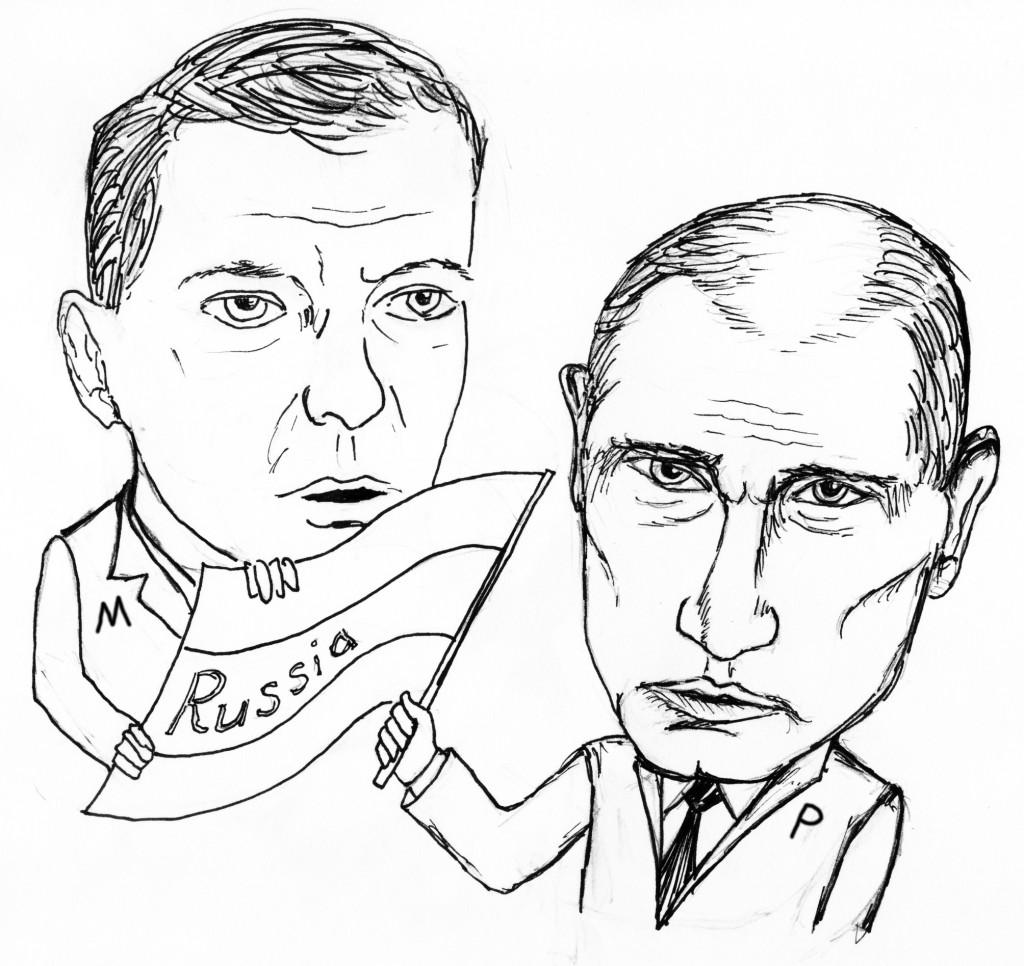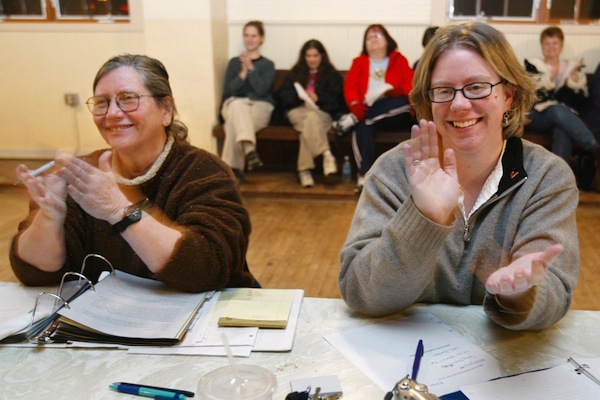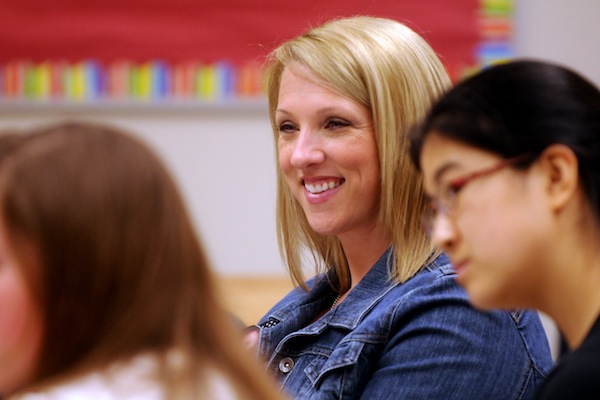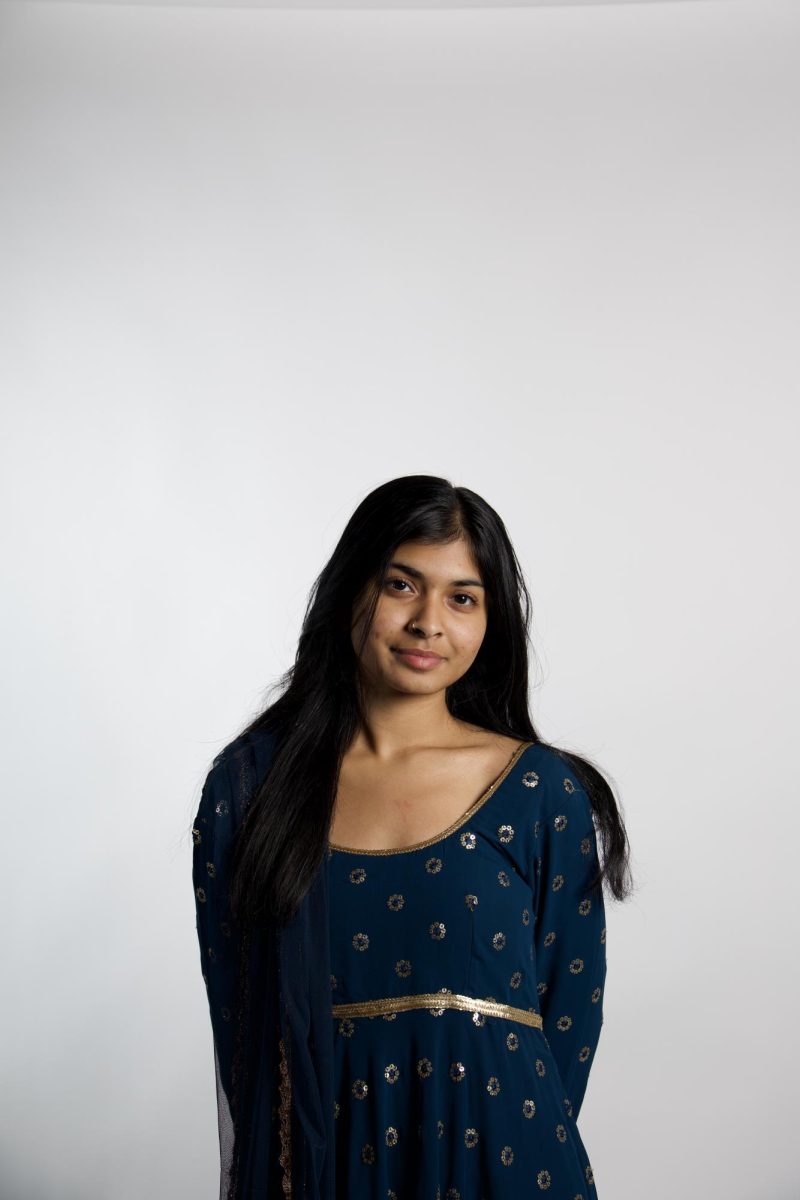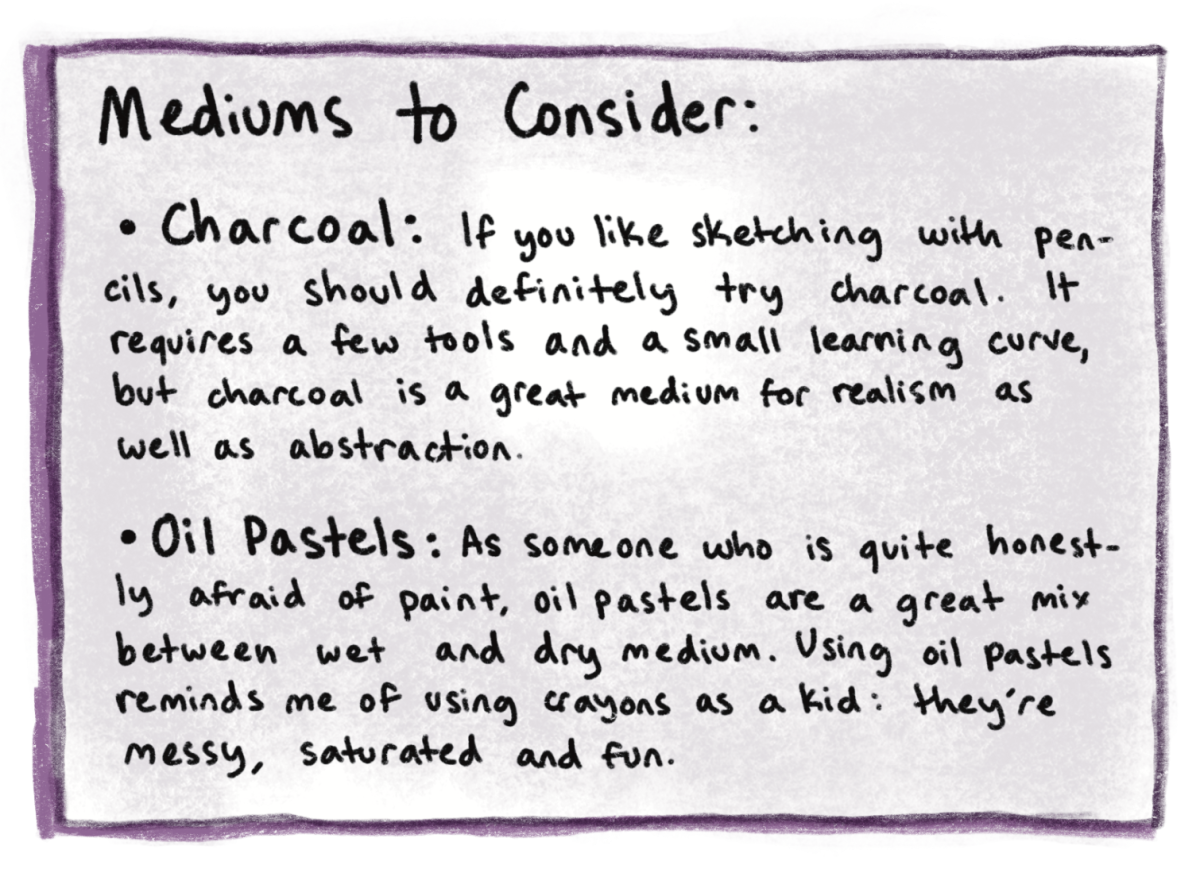While the United States’ election season begins full swing, Russia’s elections are as well. Current president Dmitri Medvedev stated Sept. 24 that he would be stepping down to let current prime minister Vladimir Putin assume the presidency. Medvedev has plans to become prime minister once Putin takes office in 2012.
“This comes as no surprise and moreover is a move that will be welcomed by many Russians,” Washington University history Professor Eren Tasar said. “Of course, in the absence of a robust free press, the true level of opposition or enthusiasm is impossible to gauge.”
Putin, president from 2000 to 2008, is serving as Prime Minister because of a limit on number of consecutive terms for the presidency. This is Putin’s second time as Prime Minister; Medvedev has only served one term.
When Putin resumes the office in 2012, he could potentially be in power until 2024, as he could serve more than one term again. Putin has compared himself to FDR, because of the number of terms he potentially could serve.
“I think that the comparison is somewhat correct, because even though Putin didn’t serve a continuous four terms as president, he served as the Prime Minister, which helped him influence the President’s decisions,” freshman Arthur Derkach said. “Looking at it from that way, Putin could serve 6 terms in a position of government power.”
After Boris Yeltsin’s resignation in 2000, Putin assumed the presidency, making him the second president of Russia after the collapse of the Soviet Union. During his time in office, Putin improved Russia’s economy, with much of Russia’s economy relying on oil and natural gas prices.
“After his resignation [as president], a great portion of Russia’s citizens were in much better positions than before, as the poverty levels dropped by over 50%,” senior Cameron Yang said. “Despite this, he has manufactured an environment which has a Soviet-esque feel in that the media is still heavily censored and citizens possess few rights.”
Some feel that the successes Putin had during his first presidency will continue in his second term.
“It will be a big positive for Russia because he’s an extremely capable leader and has done well for Russia in the past, so there’s really no reason why he’d falter as President again,” sophomore Andrew Tsiaklides said.
Others though, disagree. Putin has eliminated other political opposition and is seen by some as oppressive and controlling. There were signs that Putin controlled Medvedev during much of his presidency.
“When he took the presidency, there were predictions that he would acquire greater control over certain branches of government, while Putin would have absolute sway over the KGB[the national security agency],” Tasar said. “I don’t think Medvedev had much of a chance to develop a constituency within the government attached specifically to himself. It’s therefore difficult to say how much of what has changed in Russia since 2008(to the extent anything has changed) is attributable to him.”
Despite this lack of governmental control, Russia far from stagnated during Medvedev’s term. Russia is trying to join the World Trade Organization and Russia’s relationship with the West improved under Medvedev.
“I feel that he has done a reasonable job as the head of state,” Yang said. “He has sought to modernize the Russian economy and expand the social liberties of the people. Since his inauguration, he has pushed to end corruption in the Russian government and pushed to remove state officials from many state-controlled corporations.”
Putin is also accused of committing human rights abuses in former Soviet Union states such as Chechnya, which is ruled by Ramazan Kadyrov. It is in countries such as this that there is violence and lack of rights, and there are concerns about how Russia’s foreign policy could develop under Putin.
“As long as the Kremlin uses figures such as Kadyrov to implement its policies, Russia under Putin can never claim to be a responsible major world power,” Tasar said.
For now, Russia is focused on their economy and global status. In 2012 an exchange of power will occur, but nothing is expected to change immediately.
“Putin is kind of the working power behind everything,” senior Inna Brokhina said. #


